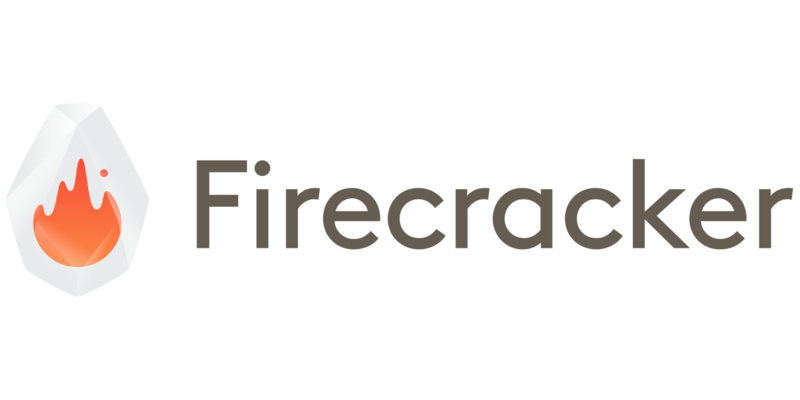AWS Open Source Blog
Category: Firecracker
re:Cap part three – open source at re:Invent 2019
Wrapping up our final summary, we kick off with a roundup of the open source updates in the area of compute and emerging technologies. We start with a great explanation of Fargate on Firecracker from Clare Ligouri during Werner Vogel’s keynote, and proceed to a broad selection of the container sessions and workshops that ran […]
Why does AWS contribute to open source? The Firecracker example
Open source has long lived by the credo that “Every good work of software starts by scratching a developer’s personal itch.” At AWS, however, we’re not content with simply writing good software: we write software to meet customer needs. Over 90% of what we build is driven by customer demand, and the rest comes from […]
Firecracker Open Source Update May, 2019
中文版 – It’s been six months since we launched Firecracker at re:Invent, and we’ve been thrilled by the reception that the open source community has given us. Over these six months, we have merged 87 commits from 30+ external contributors into the Firecracker master branch (representing ~24% of all commits in that time span). These […]
Kata Containers 1.5 Release with Support for Firecracker
中文版 – Firecracker was announced at re:Invent 2018. It provides security and isolation of virtual machines along with fast startup times and density of containers. It provides a cloud-native hypervisor for running containers safely and efficiently. In this post, Eric Ernst from the Kata Containers project explains how Firecracker meets a need in their community […]
Announcing the Firecracker Open Source Technology: Secure and Fast microVM for Serverless Computing
中文版 New Challenges for Virtualization Today, our customers can use serverless computing to build applications without worrying about provisioning or managing infrastructure. Developers can package their code as serverless containers with AWS Fargate or serverless functions with AWS Lambda. Our customers tell us they love the low operational overhead of serverless, and we believe it […]




